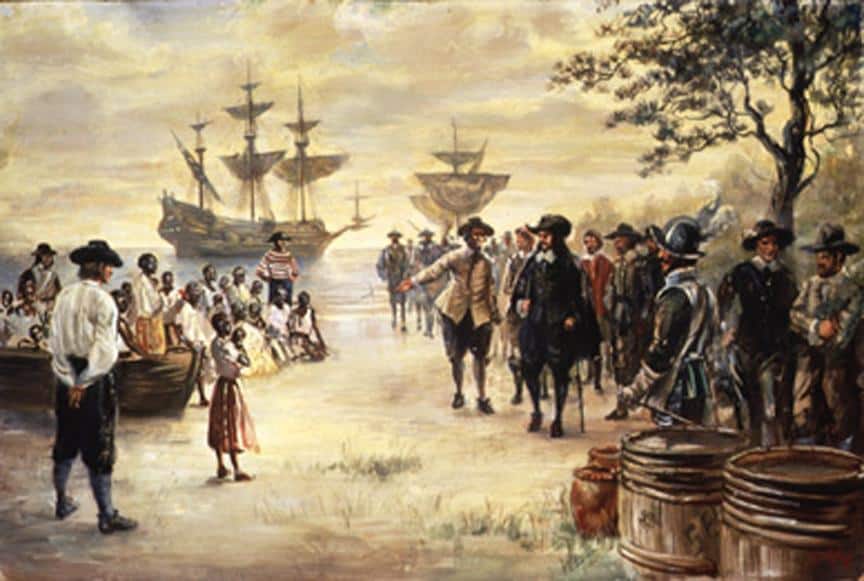
ADVERTISEMENT - CONTINUE READING BELOW
4. Coopers were among the most important enslaved workers on the plantations
Following the decline of the tobacco markets, most of the large Virginia plantations changed to growing wheat and other grains. The shift necessitated the installation of gristmills, utilizing nearby streams to power them. The resulting flour was then shipped to markets. In order to ship them, large numbers of barrels, casks, tuns, and kegs were required. Nearly all of the produce of the plantations required barrels for shipment, whether flour, cornmeal, beer, whiskey, nails, or salted meat and fish. Barrel making is a skill which requires knowledge of wood grains, joinery, and quality construction. The enslaved barrel makers on the Virginia plantations were essential to the profitability of the operation. Like all the slaves, they worked from daybreak to dusk, except for Saturdays, when the dinner bell ended the day’s labor. Dinner usually occurred in the early afternoon. Sundays and most holidays were usually days off.
The barrel makers constructed the containers from wood harvested from the plantations, for the most part. Iron hoops were provided by the plantation’s blacksmiths. Barrels were in such demand throughout Virginia (and the rest of America) that additional staves were prepared and sold as product to cooperages, which were readily found in all of the nation’s seaports. Enslaved barrel makers were thus essential for shipping other products from the plantations and the core of another profit center. The ability to manufacture one’s own shipping containers, rather than purchase them, greatly increased the profits realized by the plantation’s owners. Skilled coopers, as barrel makers were then known, were a highly valuable commodity. As such, they often enjoyed privileges not allowed others of the enslaved community, due to their owner’s need for their constant production.

